PCI requirements and who needs to follow them
Basis Theory
OCTOBER 1, 2024
Today, the framework introduced in the early 2000s outlines 12 PCI requirements that merchants must satisfy to process credit card transactions on the card networks. Nearly 20 years later, with more than 300 requirements and sub-requirements, PCI DSS continues evolving. Don't, however, let the term "merchants" fool you.

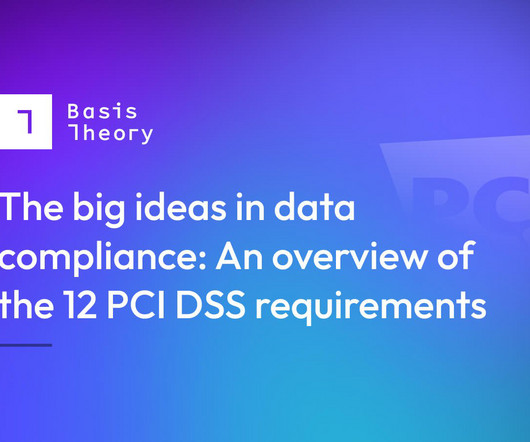




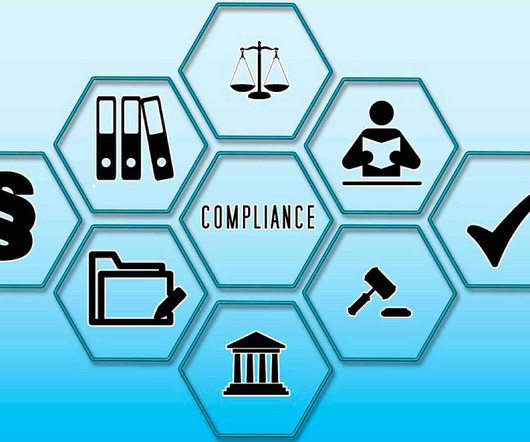


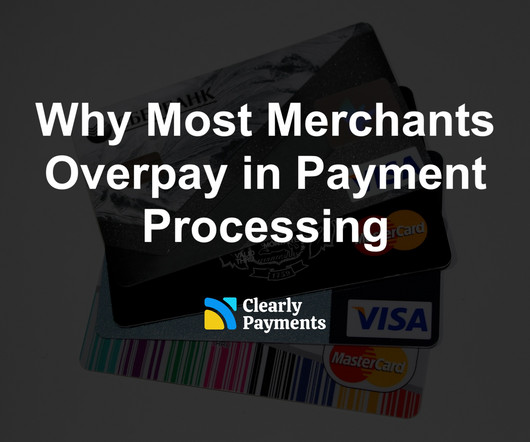
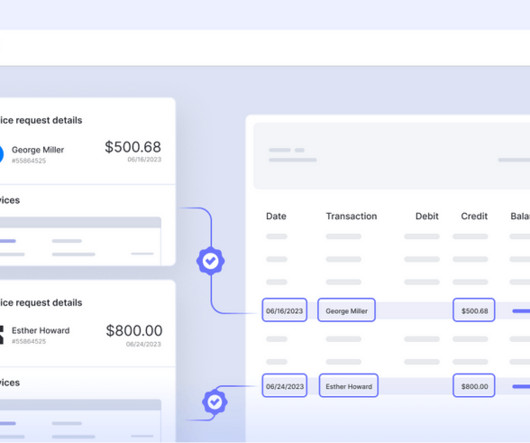
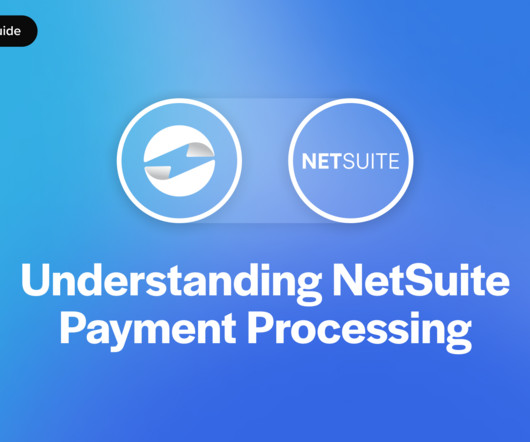






Let's personalize your content